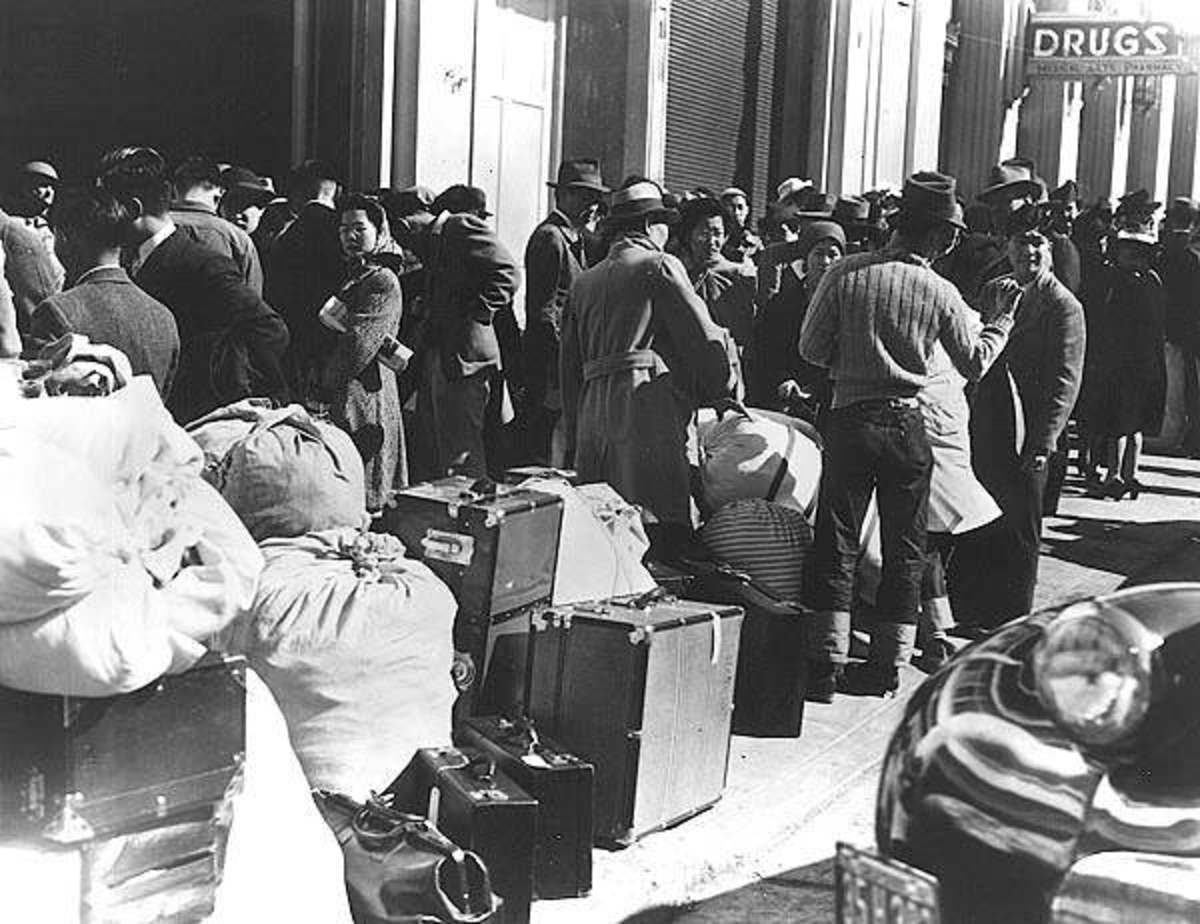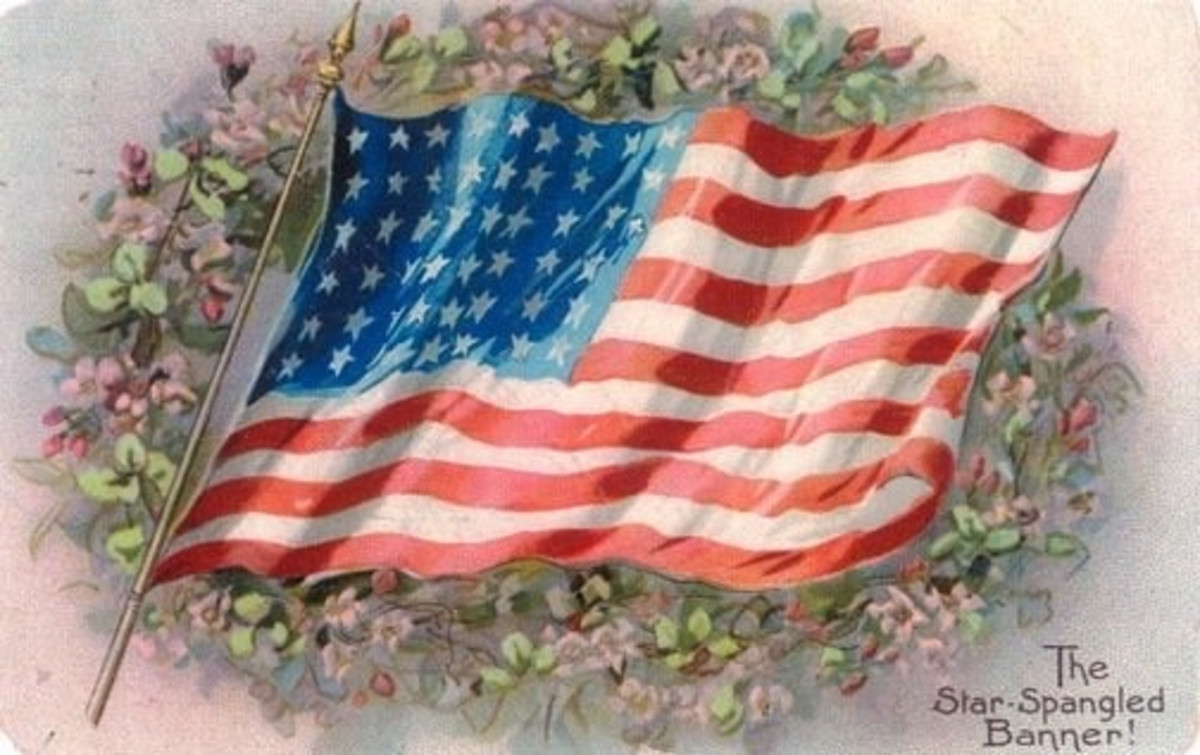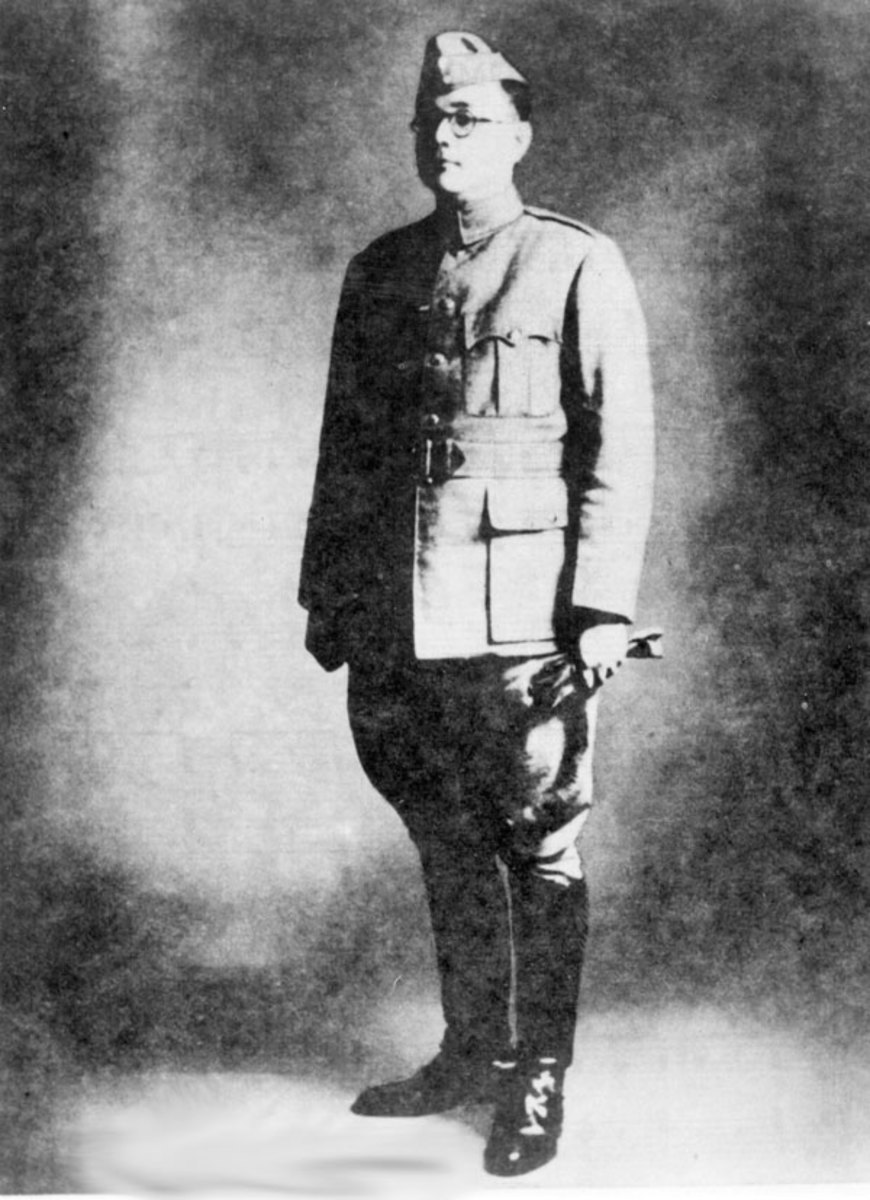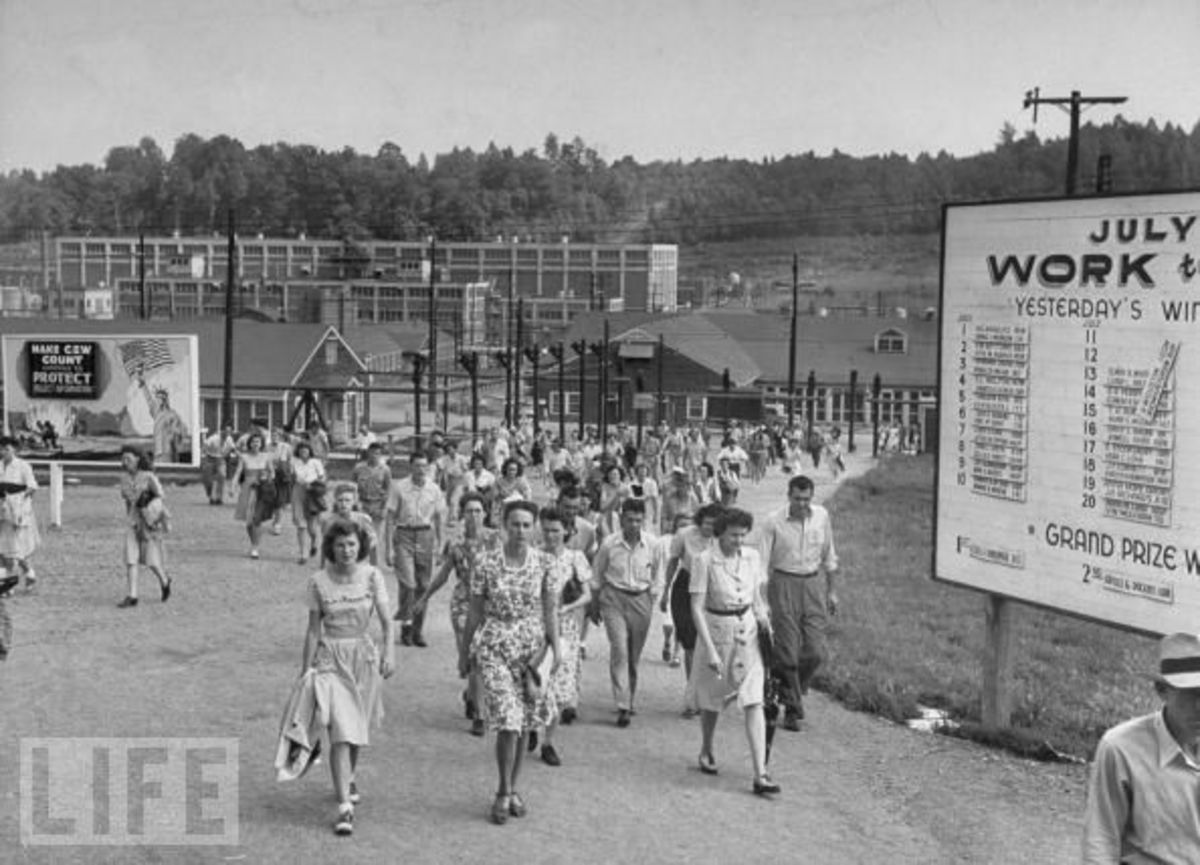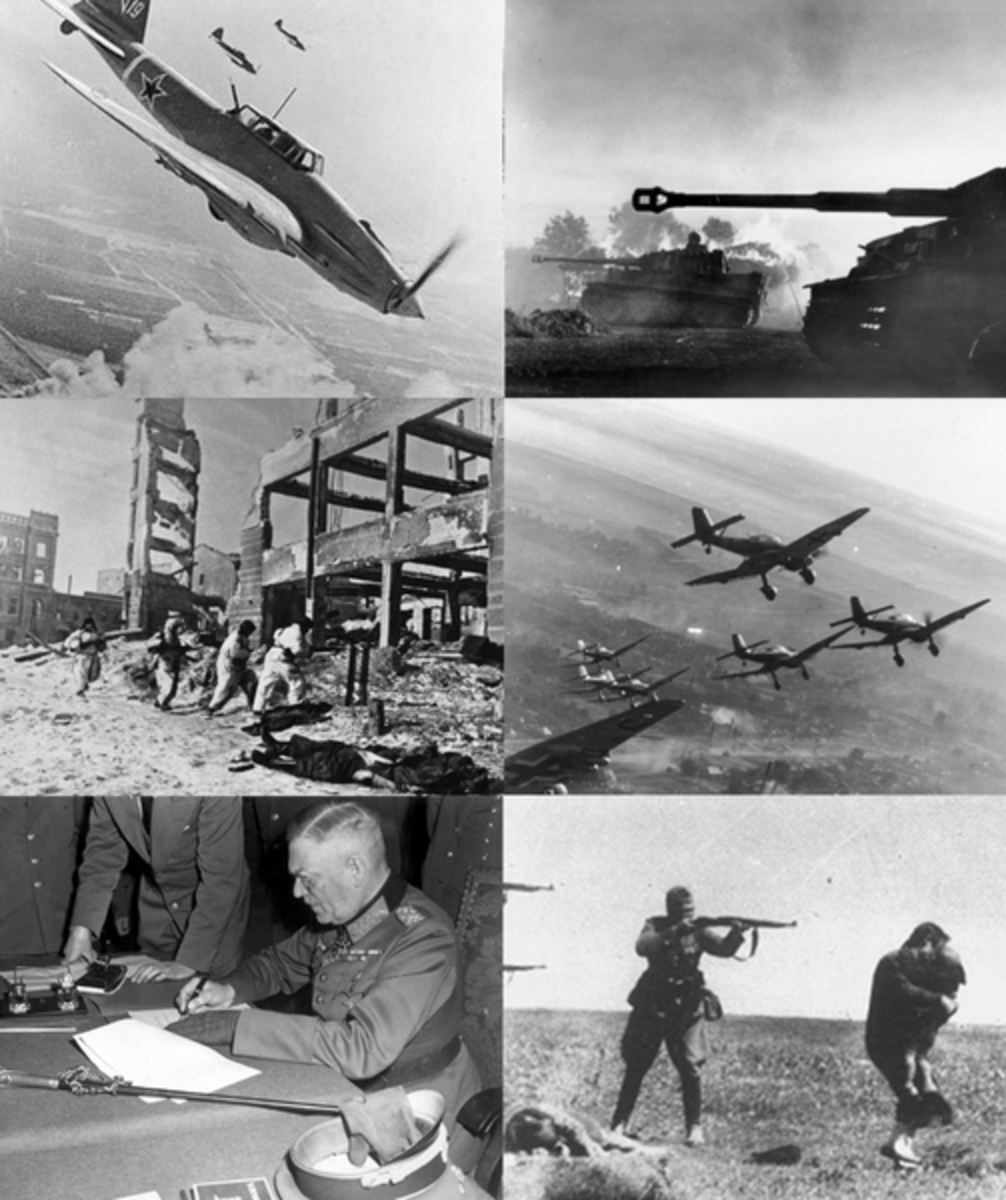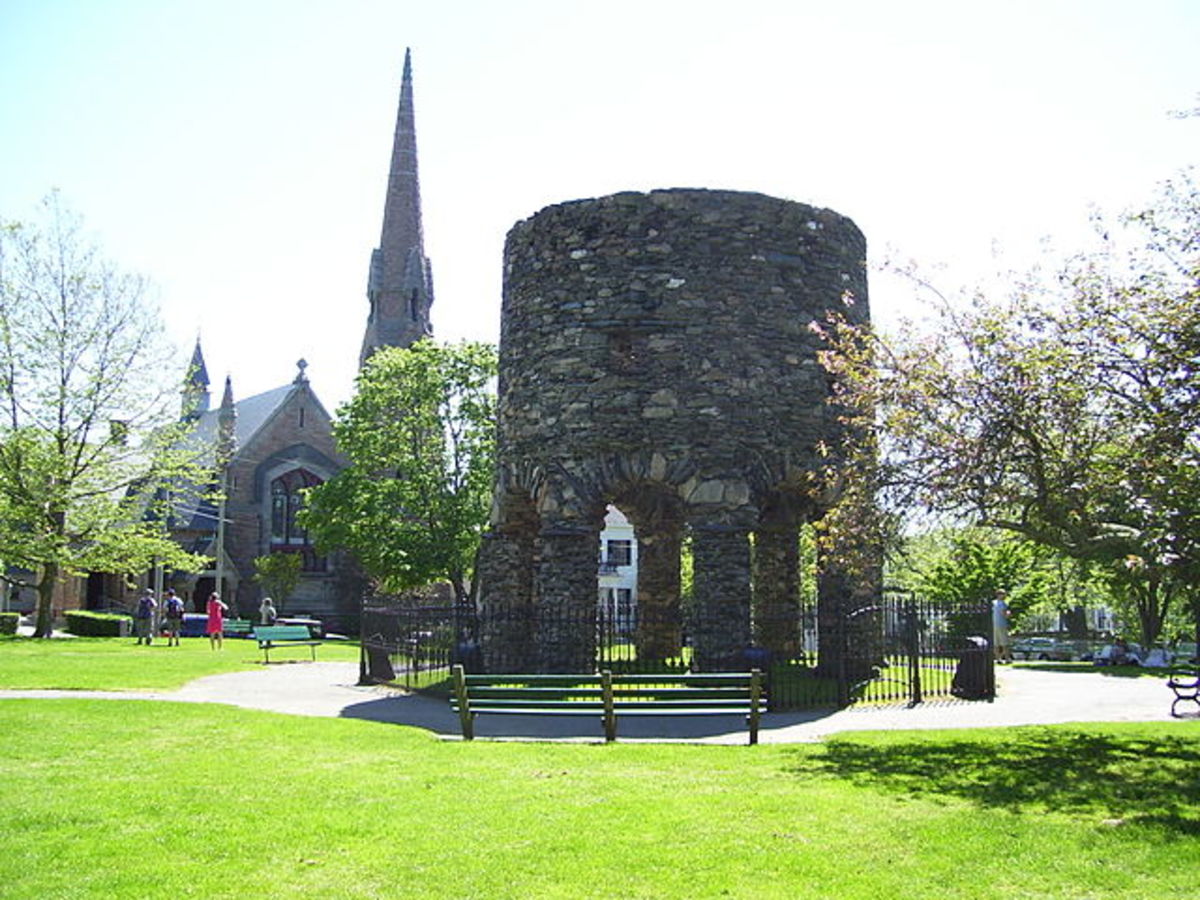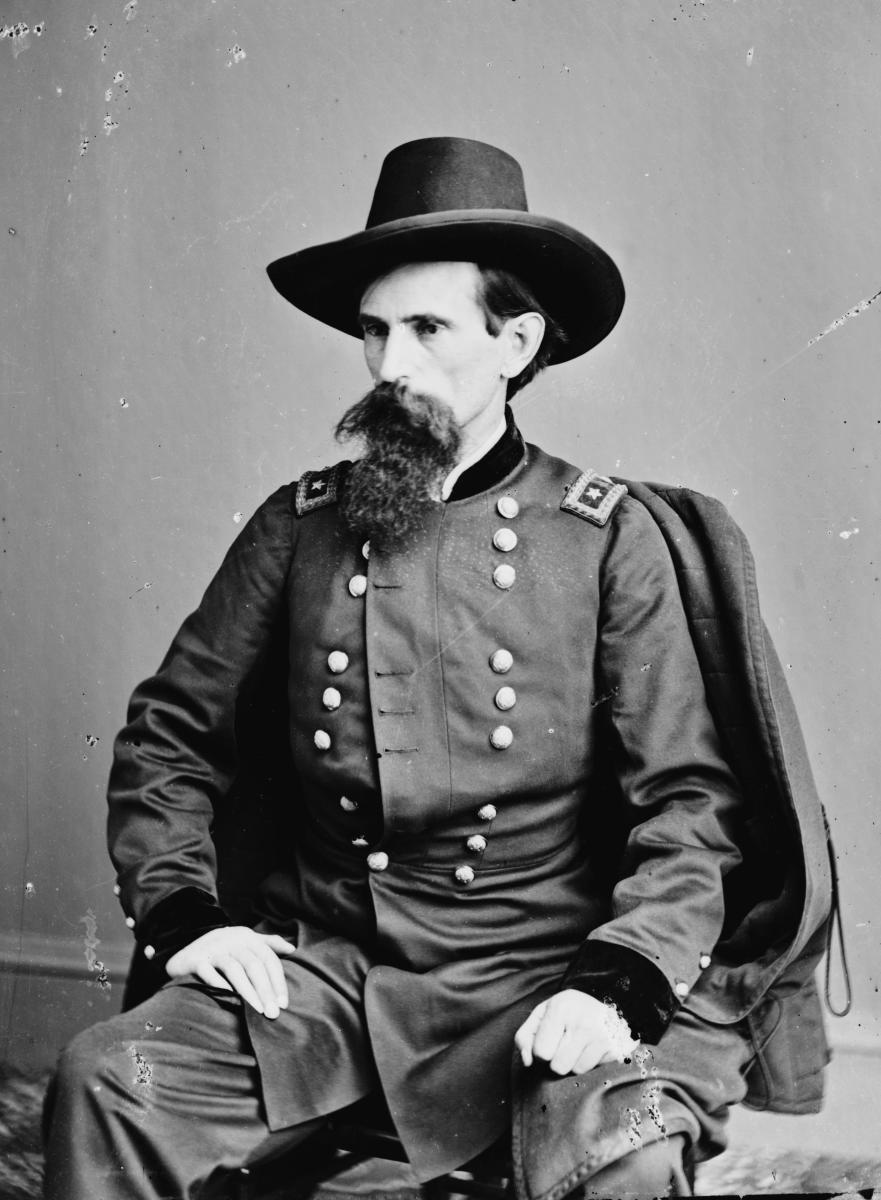- HubPages»
- Education and Science»
- History & Archaeology»
- History of the Americas
Why America Dropped The Bomb On Japan
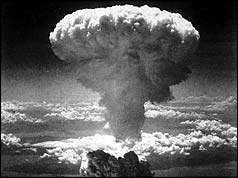
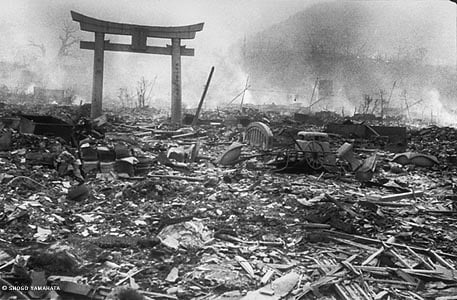
When America thinks of the nuclear bombs blown up above Hiroshima and Nagasaki, reasons for it are clear. They bombed us in Pearl Harbor Hawaii and this obviously caused such strong force to be done. This was one of the first attacks of its kind on American soil and it created outrage to all Americans of all races.
America had turned their back on the humanitarian approach, sitting idly by as millions were killed in Nazi Germany. As with World War 1 however, America sided with Britain again and started antagonizing Germany with their antics. These antics included shooting down submarines and once again selling arms to one side, their enemies. They also antagonized Japan by pushing for more naval power in their part of the world, which some would say caused the bombing.
Many believe that Japan bombed Hawaii that day in December to get America’s attention and maybe some time to harden their defenses in the Pacific. Japan never thought that they could win a war with America, they didn’t even want to invade America, it was more a shock and awe campaign. Little did they know that America had started a mad dash to make a new weapon to end all wars permanently and quickly.
Those opposed to war and the tactics of America’s use of such a vile weapon, however there was many factors that may have been the deciding factor in the use of a nuclear weapon. Some think that America simply wanted to try out their new weapon and Japan was a perfect target. Lots of time and money was used to create this nuclear weapon and the only way to see the full extent of the weapon was to use it in a populated area. America wanted to see how much damage it would cause to infrastructure, as well as long term effects on the populations. Other may contest that racism had a hand in it, so an Asian nation was an even better target than a country like Germany. The fact that Japan was an island and not land locked, also helped minimize collateral damage to neighboring companies (Justified, 1998).
A more realistic reason may be the loss of life that was saved by bombing Japan. At the time, wars were fought fairly differently and loss would have been great on both sides if America had chosen a more traditional approach. Japanese were known for ferocity in their waging of war and the American loss would have been severe and significant. In Truman’s own words, he explains his need for the atomic bomb.
“"I realize the tragic significance of the atomic bomb...having found the bomb, we have used it. We have used it against those who attacked us without warning at Pearl Harbor, against those who have starved and beaten and executed American prisoners of war, against those who have abandoned all pretense of obeying international laws of warfare. We have used it in order to shorten the agony of young Americans. We shall continue to use it until we completely destroy Japan's power to make war. Only a Japanese surrender will stop us" (Justified, 1998).
His ideas make it clear why he thought to use the atomic bomb. We had it and in using it, he may have saved millions of lives and money from a long drawn out war with a enemy who would use any means possible to win. During the six week battle over Iwo Jima, 6,000 American soldiers were killed, with another 18,000 wounded and only a little over 200 of the 20,000 person Japanese regime captured. They raped, murdered and destroyed much of the country and people they were fighting and facing such a strong adversary, the nuclear option was better. The nuclear bomb was a new way to wage war and one that could save many lives in the long run.
Truman held true to wanting true submission from Japan, after World War 1 failure to end a war, the American president wanted complete resolve this time around. In July of 1945, Truman wrote up the Potsdam Declaration, asking for complete and immediate surrender of the Japanese Army. This declaration was publically ignored by Japanese Emperor because he was afraid of being charged for war crimes as well as keeping his leadership status.
When Truman was sure that the surrender would not be made, a bomb was dropped on Hiroshima with quick succession. With no answer from the Japanese emperor, three days later, America dropped another bomb on Nagasaki. These were prime industrial targets that America hoped would stall the Japanese from making more weapons. When the Japanese public became weary of such a long ending war, the bombings finally got America the full surrender they asked for.
The first nuclear bombs to ever be dropped caused large casualties, however it no doubt was only a small fraction of how many would have died. Japanese were planning mass suicide attacks, including all women, men and children. Paired with the estimated American casualties estimated at over a million soldiers loss, dropping the bomb could be considered humane in a way of overall loss of life. It also thrust America forward as the strongest Army and an enemy no one would want to fight with. From that moment on, nuclear weapons have been a pinnacle part of any conflict. The questions of who and how many countries have nuclear weapons, even after disarmaments, keep conflict at bay. It also gave great scientific insight in to what would happen in using nuclear weapons and the long term health effects. The studies conducted in the months and years following the bombs, are still used today. We learned about radiation in people, plants and animals, short-term and long-term effects.

